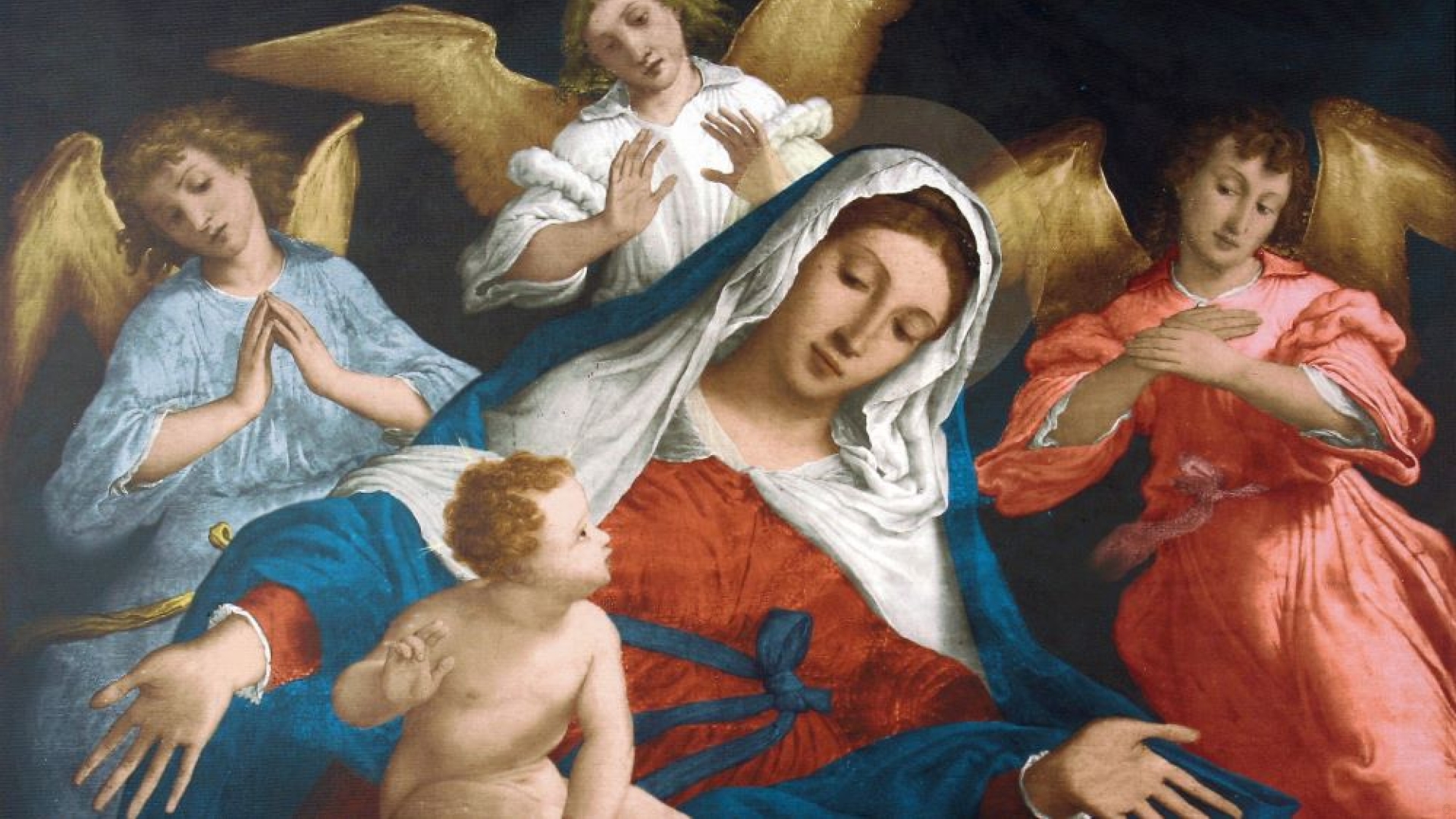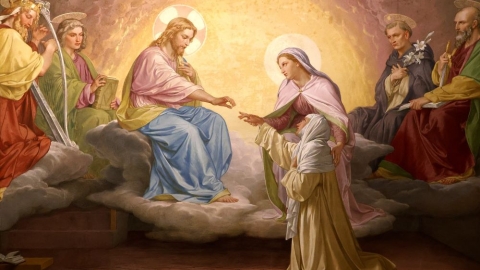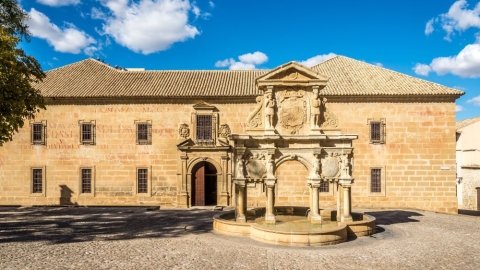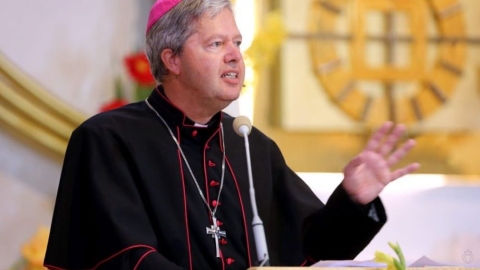Why did Christ Want to be Born of a Woman?

St. Paul tells us in his epistle to the Galatians, “But when the fulness of the time was come, God sent his Son, made of a woman, made under the law: That he might redeem them who were under the law: that we might receive the [divine] adoption of sons.”
The Fathers of the Church have asked this question for a long time: why did God choose to incarnate, to be born of a mother? Christ, the new Adam, could have, in fact, been created as an adult, like the first man. This question gives us an occasion to meditate and contemplate the plan that God chose, in wanting to have the Virgin Mary as His Mother.
The reasons are easy to discover. The prophecies on the Messiah announced that He would be born of a woman, just like the protoevangelium (Gn. 3:15) which announces the enmity between the Messiah and His Mother vis à vis the serpent, i.e., the devil. These prophecies must be accomplished.
The fact that the divine power would be better expressed if the Savior was born of a woman, is one other reason: God triumphs through a creature, which manifests His sovereign power, which uses weak instruments for the greatest works.
A third reason is that among all the creatures, only a woman could become the Mother of God. Human nature allows the Son of God to find a mother, a person who will give Him that nature which will be offered in a holocaust for the glory of God and for the salvation of mankind.
The Fathers and the theologians discover other beautiful reasons
One very important reason is to attest to the truth of the Incarnation. Many heretics—like the Docetists—have claimed that Jesus Christ was not man, that He had only “passed” through the Holy Virgin. The affirmation of the divine maternity of Mary refutes these wild imaginings.
Further, human nature is corporal and spiritual, and it involves the fact that the body proceeds from maternity: contrary to the claims of the heretics mentioned above, possessing a true human nature does not diminish the dignity of the Word.
Likewise, family life is a part of our nature: every child is born into a family. There are no imperfections in this situation for the child who grows up in this home. It is appropriate thus that the Incarnate Word assume family life, that it be magnified.
This family life has thus provided an opportunity for the Incarnate Word to be a model of filial piety.
St. Augustine added a good reason: humanity is honored in one of its male representatives, a man who is God, and in one of its female representatives, a woman clothed with the dignity of the Mother of God.
Another very good reason concerns the mystical marriage of humanity with the Word: Mary’s fiat was given in the name of all of humanity and each one of us.
As to the salvation of humanity, the fact that the Incarnate Word became man, descending from Adam according to the flesh, born of a woman, sets Him up to be the mediator: it is accepted by the two parts that it connects, heaven and earth, God and men.
Finally, so that the expiation of the Messiah may be accepted by God as coming from sinners who have offended Him, it was thus necessary that He be counted with the sinners: this is what Isiah and St. Paul say. Not that He be a sinner Himself, but because of His human nature and its origin from Adam.
It is clear that all these reasons do not provide us with the answer to the question asked. But they explain and illustrate it, and make us enter into the secrets of God about His incarnate Son and His mother.
Related links
Illustration : Photo 90516565 © Zatletic | Dreamstime.com





